Calibrachoa "Kablum": features, varieties
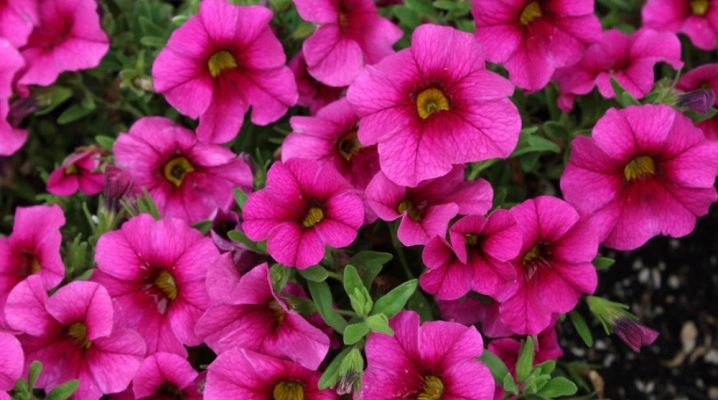
Calibrachoa belongs to one of the varieties of ampelous ornamental plants, which, with their bright flowering, will decorate any garden bed or gazebo. This flower attracts the attention of many gardeners and landscapers due to its bright color and lush appearance, as well as ease of maintenance.
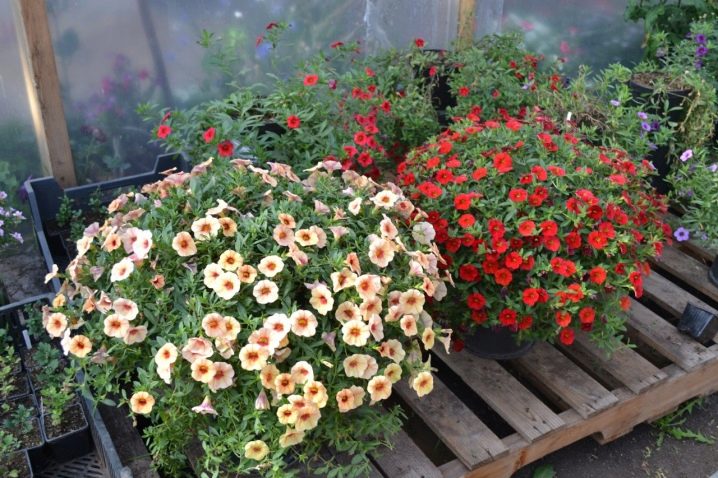
Basic information about caliobrahoa
This type of plant was bred in the second half of the 20th century - in the eighties. Variegated densely growing flowers covered all the plants with a dense roof, giving it the shape of a sphere.
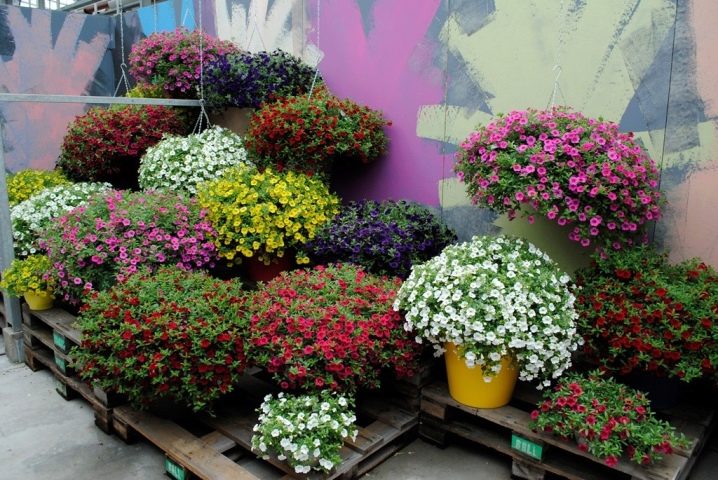
Initially, it was distributed in European countries, as well as in America and the countries of the East coast of Asia. However, due to the fact that in nature this flower grew in the territories of rocky mountains with an arid climate, in room conditions it needed a special soil based on expanded clay so that water would not linger in the ground.
Over time, breeders have been able to adapt the calibrachoa to a wide variety of climates. Therefore, today this plant pleases the eye almost all over the world. Most often in a flower shop, it can be seen in a floor pot or in a basket suspended from something. In recent years, flower shop sellers have noted an increase in demand for calibrachoa seeds and petioles. This is due to the growing popularity of growing ornamental plants from seeds at home.
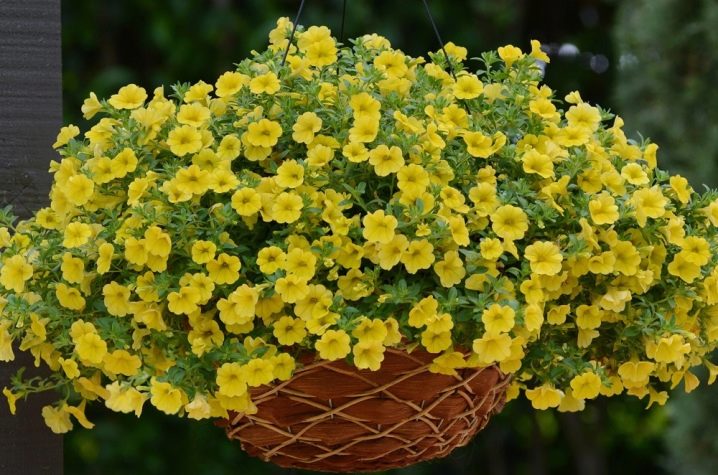
The calibrachoa flower is often confused with petunia. Indeed, these two ornamental plants have a similar appearance, but there are a number of pronounced differences between them. To distinguish between them, you need to know the characteristics of calibrachoa, for example:
- the shape of the flower petals is rounded, and not pointed, like in petunia;
- the color scheme is monochromatic (without color spots and streaks);
- flowers do not have a velor base to the touch.
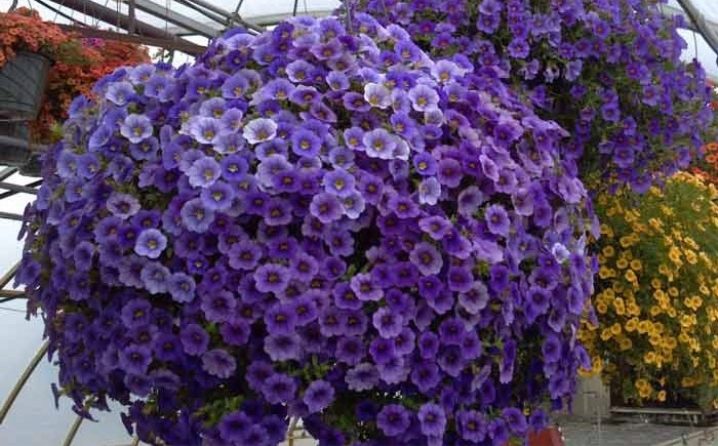
If it suddenly happens that when growing calibrachoa, the shade of the inflorescences is not similar to that shown on the package, do not be upset. This is perfectly acceptable for this type of plant. The color of the petals depends on temperature changes and can change over time, depending on the climatic conditions of its habitat.
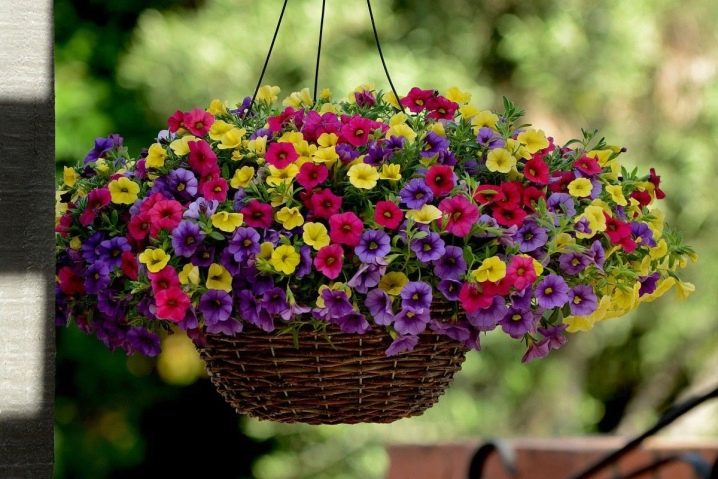
Variety of varieties
Cultivating calibrachoa, breeders have bred many varieties of this plant, which differ from each other in the exceptional shade of the petals and individual characteristics.
Among the common features are the following.
- An adult plant has the shape of a sphere or ball, the diameter of which reaches 40 centimeters. The shape of the shrub depends on how often the grower is engaged in pinching the flower. This must be done in order for it to be even more branched during its further development.
- The middle of the flower is bright yellow.
- The leaves are small (length - 2-4 cm, width - 1-1.5 cm), their surface is covered with a small downy.
- It is an annual plant;
- It blooms throughout the summer and even captures part of the fall. Its flowers change over time during the flowering period.
- The stems are branchy.
- Reproduction takes place by means of seeds.
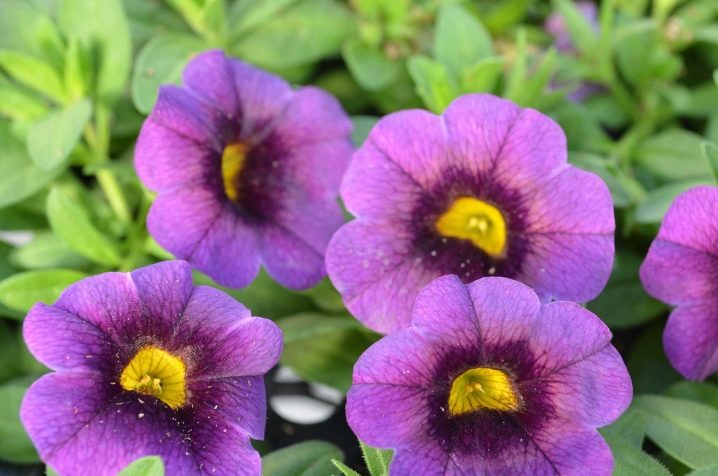
The name of the varieties came directly from the color of their petals ("Kablum deep pink", "Kablum denim", "Kablum yellow", "Kablum white" and so on). There are varieties, the flowers of which combine several shades, harmoniously moving from one to another.
Let's take a closer look at the various representatives of the calibrachoa.
- "Kablum yellow" (or "Kablum yellow") - we are talking about the same plant, just the name changes depending on the importer. This species is grown using cuttings. But nowadays it is increasingly practiced to reproduce the Kablum Ellou calabrachoa with the help of seeds. The flowers of the plant have a rich solid yellow color without blotches and spots.
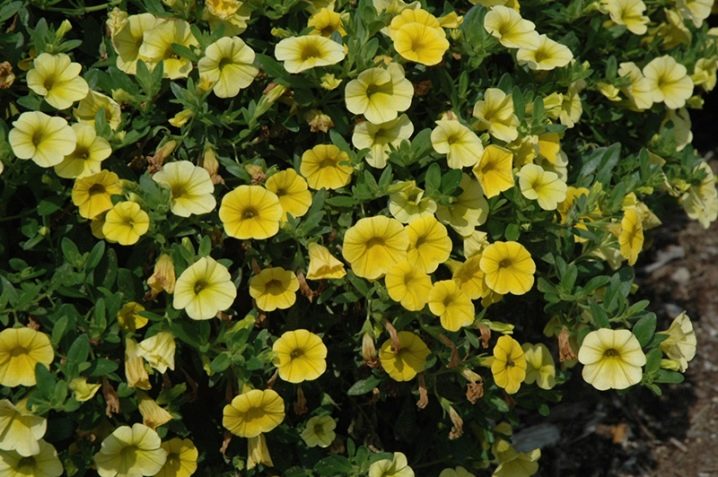
- "Kablum white" (or "Kablum white") - among all it looks the most solemn, therefore it is often chosen to decorate outdoor wedding gazebos. The inflorescences are white, but the middle is still yellow, which is characteristic of this variety of flowers. Flowers densely cover the entire shrub, creating a solid flower dome measuring 30-40 centimeters.
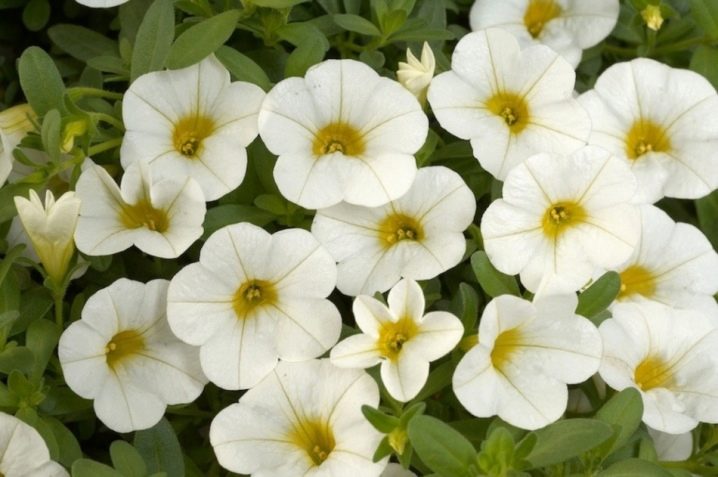
- "Kablum deep blue", (or "Kablum blue", "Kablum denim") - these are all names of the same calibrachoa variety. Again, we are talking about different suppliers who interpret the name of the plant in their own way. Based on their name, it can be assumed that the color of the flowers should be blue, but in reality this is far from the case. The petals of this calibrachoa variety have a color closer to purple than to blue, and you can also find shrubs from a rich to more calm purple color.
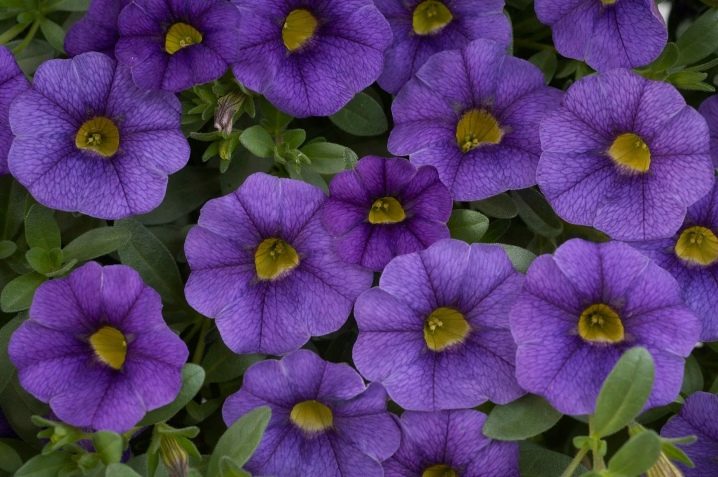
The flower cap is in the shape of a sphere, but it can sprout individual stems with inflorescences. Despite this, calibrachoa always looks great.
- "Kablum deep pink" - it has all the characteristic features of the plant calibrachoa "Kablum" (annual, has a dense flower crown, spreading, has a yellow "tongue", propagates with the help of seeds). The shade of the petals depends on the climatic conditions. You can find both representatives of a bright pink color, and plants of a pale crimson color. When developing landscape design, it should be borne in mind that this type of calibrachoa goes well with Kablum White and Kablum Yellow.
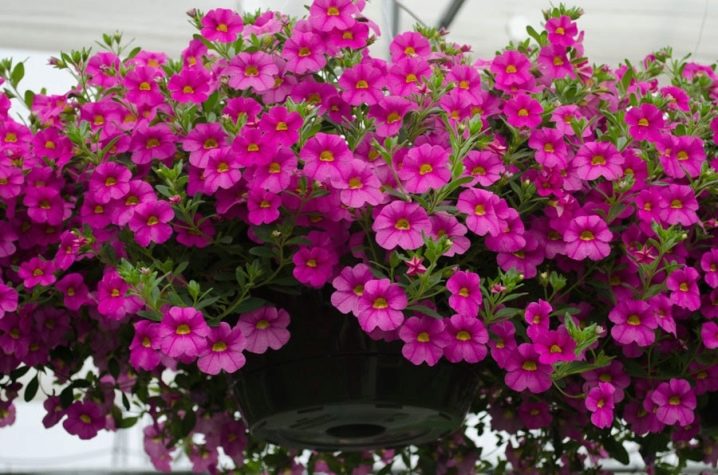
- "Kablum Sunset" - is a novelty in the market of garden plants. It was bred not so long ago and caused a huge flurry of positive reviews, since it absorbed not only all the advantages of calibrachoa as such, but also conquered everyone with the peculiarity of its color. It does not consist of two colors, like all other varieties of calibrachoa, but of three - the yellow middle passes to a rich orange color, which, in turn, smoothly flows into a light orange hue.
In general, it looks very impressive and unusual.
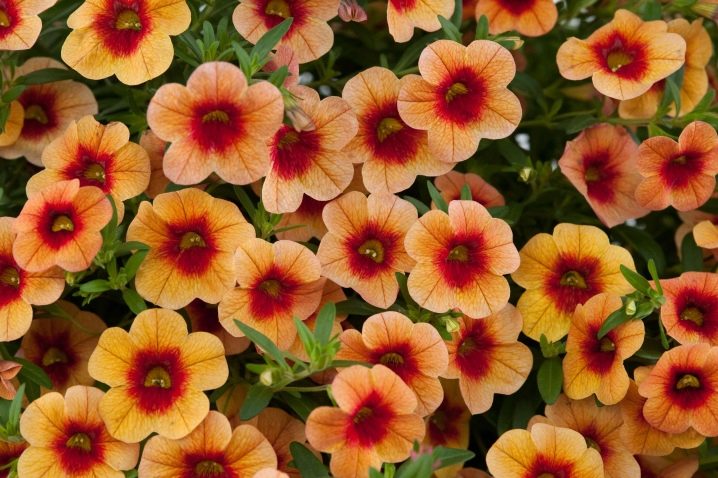
Calibrachoa care
At first, calibrachoa were grown using cuttings, but over time they increasingly began to use seeds for propagation, which are much more practical to use.
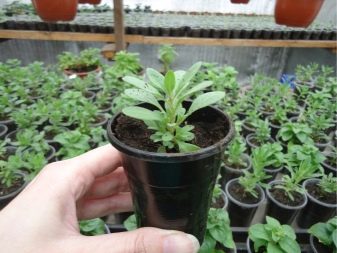
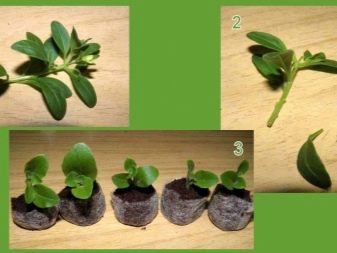
Any variety of this plant should be planted in January or February. Seeds must be spread on moist, loosened soil. They do not need to be covered with soil from above, but they should be watered well. The room where the calibrachoa is grown should be well lit. You can make a kind of greenhouse to maintain the required degree of humidity. But this must be carefully monitored, to avoid water accumulation. The first seedlings can be seen in two to three weeks.
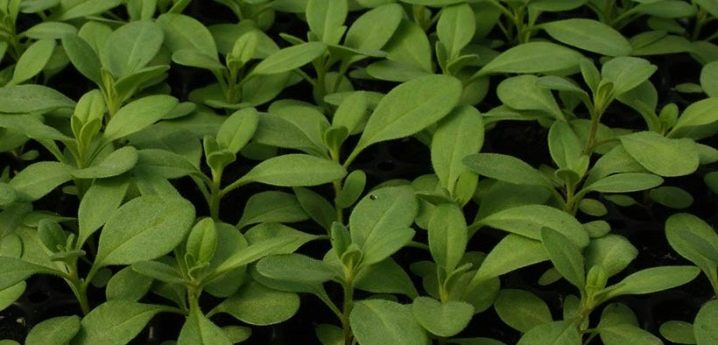
It will take about 12 weeks to grow a fairly sturdy shrub. To ensure the healthy growth of a young flower, it is necessary to prepare a special mixture consisting of black soil, some kind of growth biostimulant (for example, vermiculite), as well as long-acting fertilizers.
When using clean soil, the plant will have difficulty breathing.
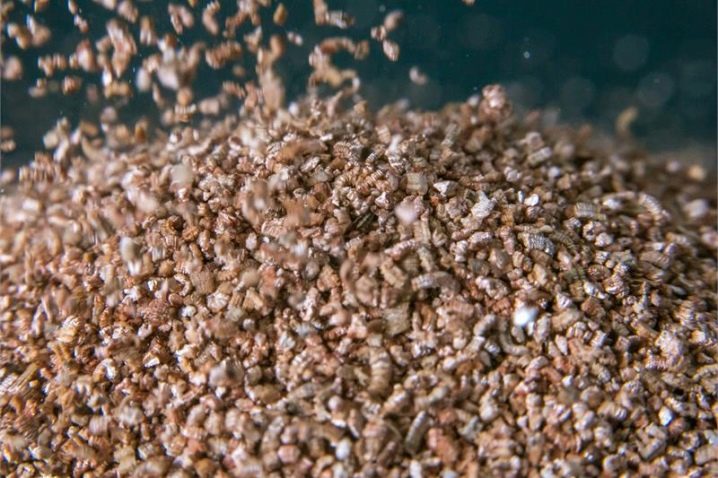
Water the plant in moderation. If the flowers begin to wilt, and the leaves become dry at the base, this indicates a lack of moisture, which can lead to a stop of its development.
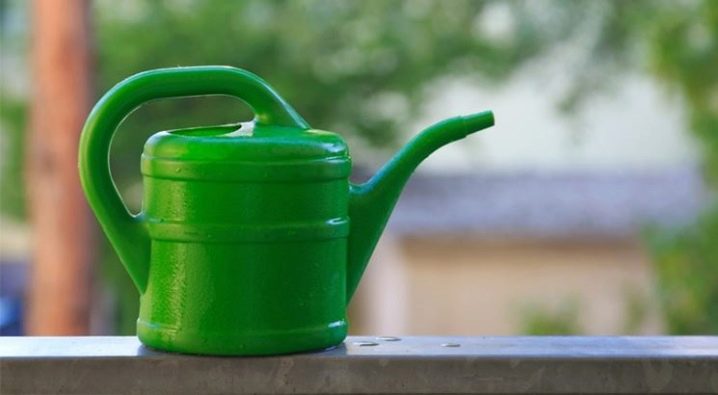
In the first few days after placing the calibrachoa in the open air, it must be placed in the shade so that the plant can adapt to the new environment.
If the plant is fed with fertilizers in a timely manner, it will bloom longer and denser.
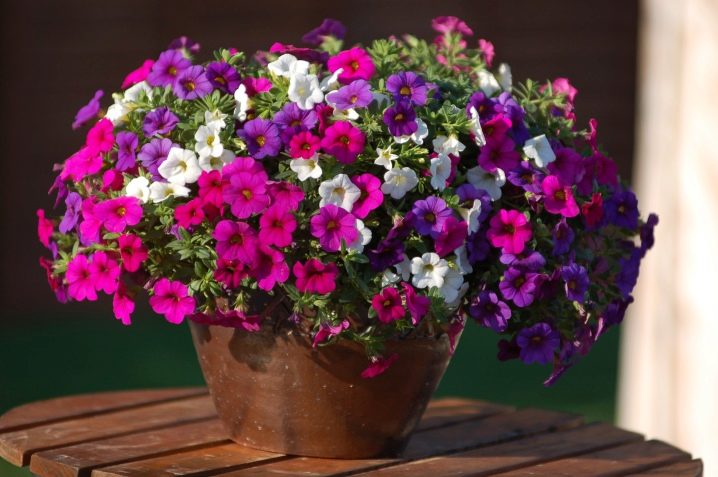
For information on how to properly plant calibrachoa seeds, see the video below.





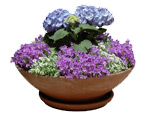
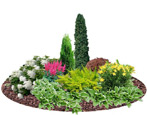









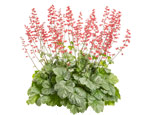


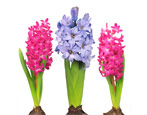



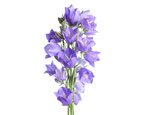
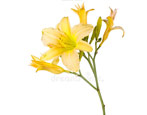

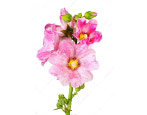



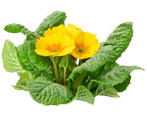
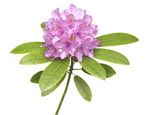



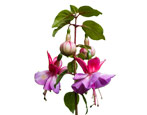
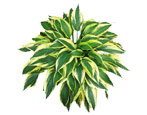
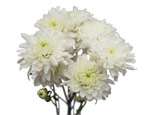

































































The comment was sent successfully.